In 2015, author and menstrual health educator Sinu Joseph posted a provocative blog on Swarajya online magazine titled “Why India doesn’t need the sanitary napkin revolution”.
Is it that simple? Yes to revolution or no?

Joseph’s article raises important issues… at the same time, it tends to over-simplify and be reductionist in its analysis, even making generalisations that are not accurate.
Read on to hear our co-founder’s response which attempts to widen the discourse. And offer other perspectives, based on our extensive experiences in menstrual health education and research in rural India.
Menstrual Education in India: Consider Context
“Menstrual Hygiene Management is obviously a really complex space to work in because to enter these waters means to touch on a rich matrix that includes culture, health, environmental and economic considerations – as we like to say, you cannot pull on one string without impacting the whole fabric.”
There are certainly some truths in what Sinu has mentioned, especially in the tendency to dramatize and judge menstrual practices as being poor or unsanitary because they don’t conform to a sanitized western ideal. This is an important point that people working in this space need to be mindful of. As is the last point she makes about allowing women to decide for themselves.
What is concerning in this article, however, are the sweeping generalizations. And lack of distinction making as well as the tone of superiority and scathing judgments. This makes the whole article come across as reactive and do not serve the space which Sinu, us at Ecofemme, or others are trying to work in.
“As a basic orienting principle, we believe that what is most important is to truly listen to those we seek to serve and suspend judgment in order to understand whether a practice is working for a woman and whether or not it has adverse health consequences. “
Menstrual health education brings you into conversations with a diverse range of women, each with a unique lifestyle and experience of their cycle. It is very important to deeply listen and suspend judgment. So we can support individuals to make their own informed choices. After all, they are the experts of their own bodies!
Insights into Traditional Menstrual Practices
Sinu writes: “Menstrual practices are often spoken of as the result of a patriarchal society in India which is deliberately attempting to suppress women. However, our interactions with women of the Golla Community in Karnataka, revealed that women chose these practices in spite of men telling them that they have a choice.”
To this we would say, if that’s true and women do choose happily to follow their practices without coercion. Then let’s leave them alone. But what to do when this is not the case. When a woman feels negatively affected, physically or psychologically by a practice she inherited and does not feel at home with? We have seen this repeatedly – even among a group of closely connected rural women. Their experience of the same practice differs. For example, while some women may welcome a break that ritual exclusion affords, another woman feels degraded by that same practice.
“We must not fall into the other extreme trap of glorifying all traditional practices without distinction.”

The Need for Alternative Menstrual Products
On the subject of products, a similar debate can follow. We fully agree and believe that cloth, in all its forms, is a sustainable and healthy menstrual care solution. If a piece of cloth is working well for an individual, then we wouldn’t dream of advocating for women to replace this with a manufactured cloth pad.
Before starting production and entering the marketplace in rural India with cloth pads, we conducted extensive research partnering with organisations across Tamil Nadu like Association for Integrated Rural Development (AIRD), Centre for People’s Education (CPE), Rural Education Development (RED), Scientific Educational Development for Community Organization (SEDCO), Centre for Social Responsibity (CSR) and several others to really try and understand what the basic practices were. And if there was any need or interest for a cloth pad. The last thing we were interested in was manufacturing a need as we were quite frankly delighted that the practice of using cloth was still alive in India.
What we discovered though, through countless interviews, focus groups and rigorous product testing with over 700 rural women and adolescent girls, is that women and girls frequently reported real limitations with the recycled cloth they use – especially concerns about leaking and the fact that the cloth does not stay securely in place. This is one reason why many (not all) women are motivated to switch to disposable pads. Because design has overcome these limitations. The disposable pads do the job better and make their lives actually easier.
We therefore think it is extremely naive to suggest that the need for effective menstrual products is purely manufactured. Again this is a very nuanced point. Basically there is some truth in the way need is manufactured but that is not the whole story.
“Women with very little money would not part with it only because an advert or NGO told them to – they see real functional advantages of using a disposable pad and this needs to be looked at squarely and not dismissed as only a case of women being duped by foreign Multi-National Corporations trying to make a profit.”
Disposable Menstrual Products: Impact on Individual and Environmental Health
Connected to this is another point that we feel cannot be left unaddressed. That is the fact that India is facing a huge mountain of non biodegradable sanitary waste. And while statistically the numbers may seem small for now, this is increasing rapidly. We encourage our readers to read this article Unlearning Menstruation: Sanitary Waste in India for more insights into this topic.
We conduct most of our menstrual health awareness sessions in schools in rural Tamil Nadu.
“Last week we conducted a session with girls in a government school where 100% of girls use disposable pads. The majority of them use branded products that are essentially made of plastic.”
There is, however, no viable way to get rid of these products. We have seen again and again that when given a choice and when presented with accurate information about the chemicals and plastics inside a branded sanitary napkin, girls are intuitively concerned about their health and the environmental impact associated with disposal. It raises a pertinent question… how do we balance personal choice with impact on others and the world we share? Where do you draw the line if a personal practice, like disposable pads, is leaving damaging consequences for others to deal with?
Menstrual Health Education
Read more on our Menstrual education insights in these blogs. Menstrual health education: reflections from the field, Revisioning menstrual education Part 1 and Part 2.
We think therefore that this is a point that starts to go beyond personal and individual preference. And needs a contextual look. Can India without proper waste disposal mechanisms keep embracing disposable pads as the only other option alongside old cloth? We don’t think so. When Sinu proposes to “leave it to women to decide what (product) they wish to use.” We wholeheartedly agree… though, in order to decide, women must be empowered with all the facts so that they can make informed choices. Too often, many girls and women don’t even know the full range of period products available. Or their impact on health, environment and others.

Menstrual Products and the Manufacturers
Finally, we are concerned about the information in the article which states that an organization promotes reusable products in one country, citing environmental reasons, and disposable in another. It seems odd to us that an organisation would do this and wonder what the reference for this is.
A main claim of this article is that ‘foreign organizations’ promote the need for sanitary napkins in India but promote reusable products in their own countries; this is simply not true! If we’re talking about P&G (Whisper) and Johnson&Johnson (Stayfree), they do not make, sell or advocate reusable products in any country and have no known ties to smaller western-based reusable product companies (like Luna Pads, Diva Cup, Moon Cup, Glad Rags, Ruby Cup) which sell only reusable products to anyone around the world.
Our wish here is not to malign Sinu and her work. We have been following and respect her rare voice allowing women and girls to speak for themselves and to represent their own needs – particularly, at a time when many organizations are attempting to “solve” India’s menstrual health “problems” from afar. We appreciate that she is speaking of real issues through her work. Unfortunately, this particular article is too biased and points which require countering to bring balance and perspective to this very complex topic, so that we can truly serve girls and women to bring about empowering cultural change.
By Kathy Walkling and Jessamijn Miedema, Founders, Eco Femme.


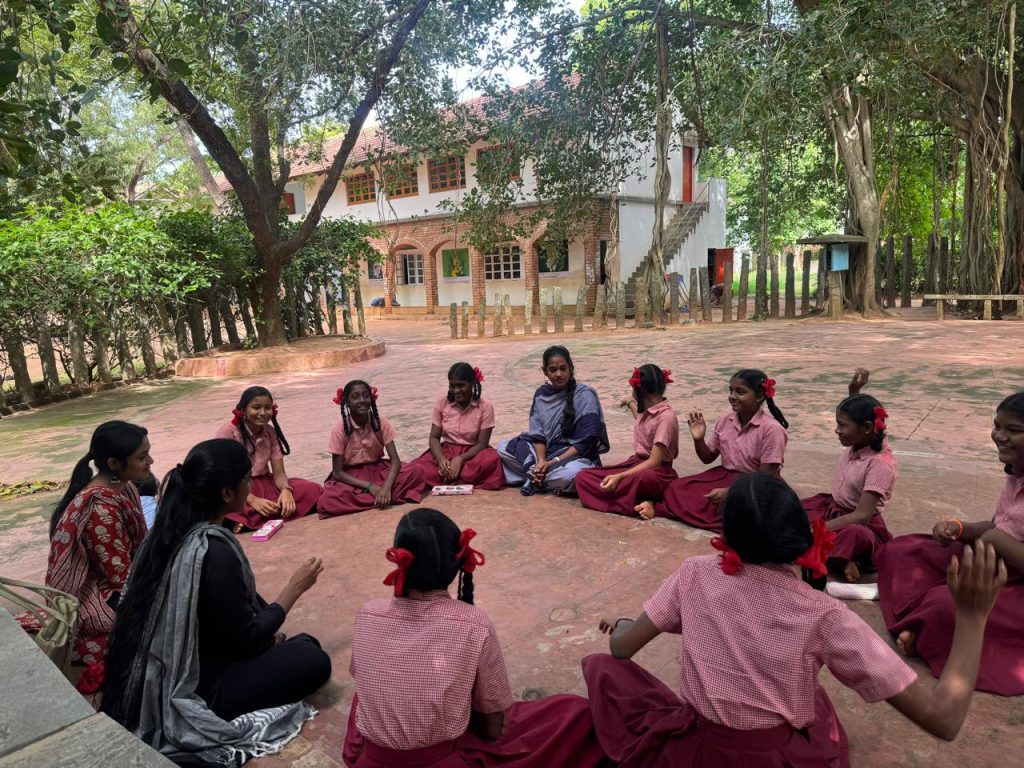
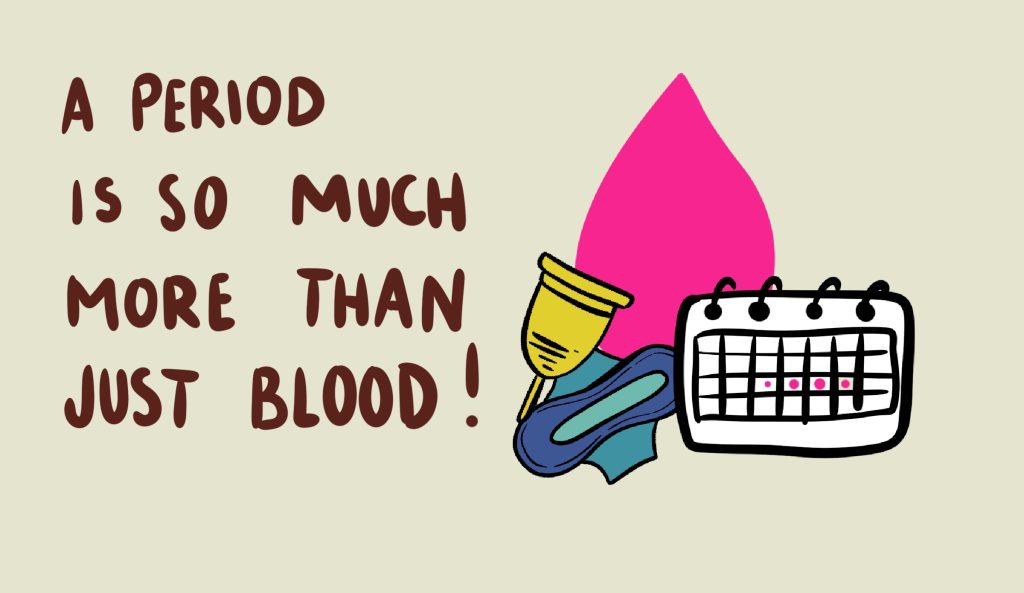
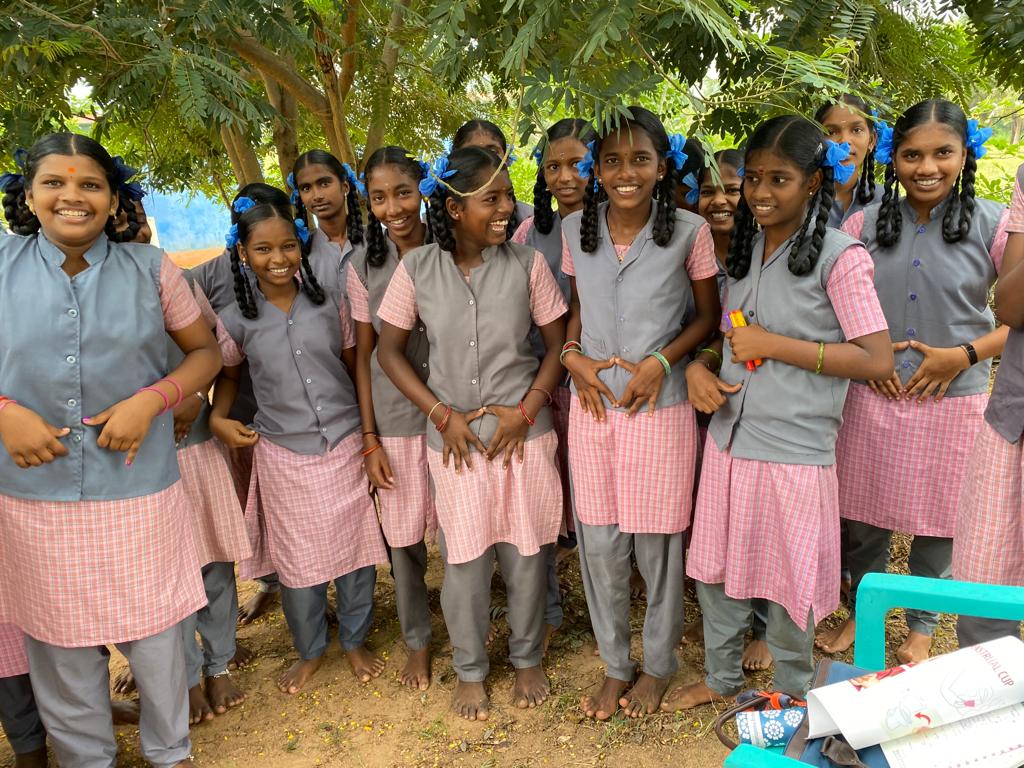
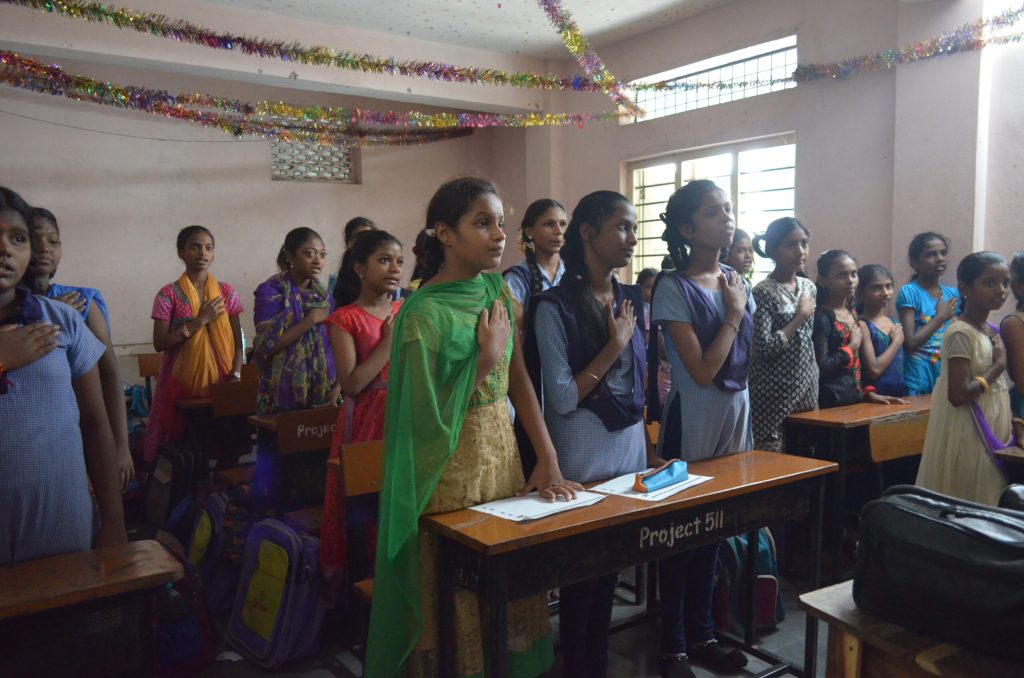
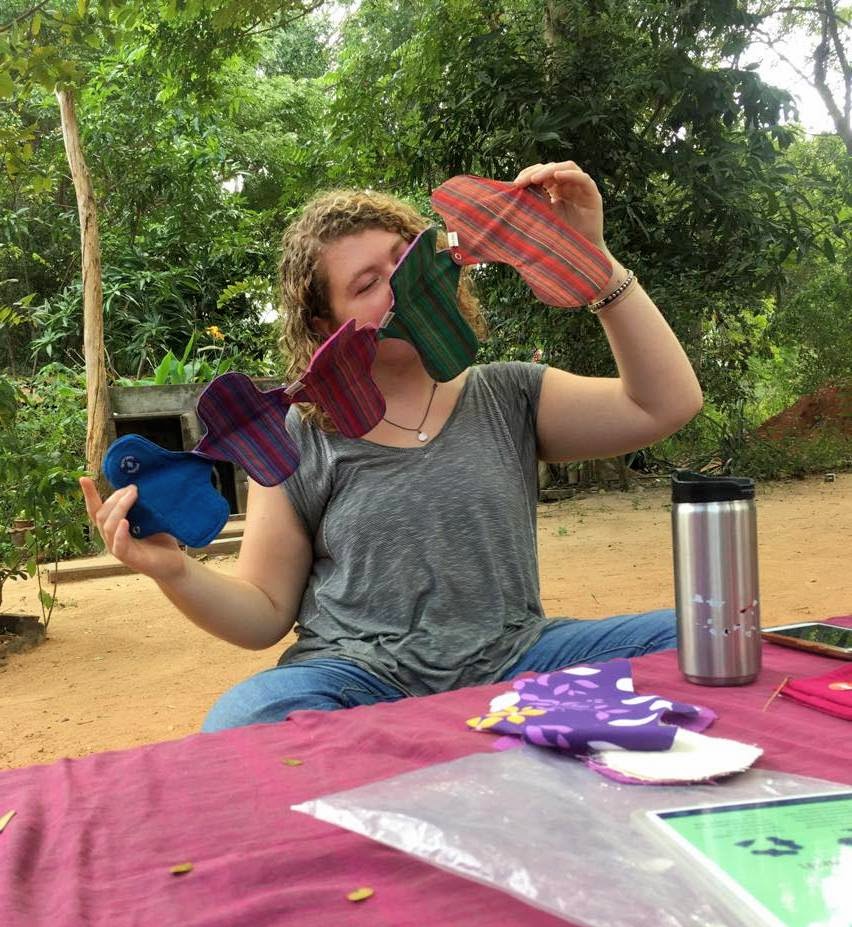
Comments (6)
hi 🙂 bross 🙂
hi guys :). I am looking for help for me and my girl. i am from France
Please email us on info@beta.ecofemme.org with any inquiries.
Thank you for the inclusion 🙂
Thank you very much for the invitation :). Best wishes.
PS: How are you? I am from France 🙂